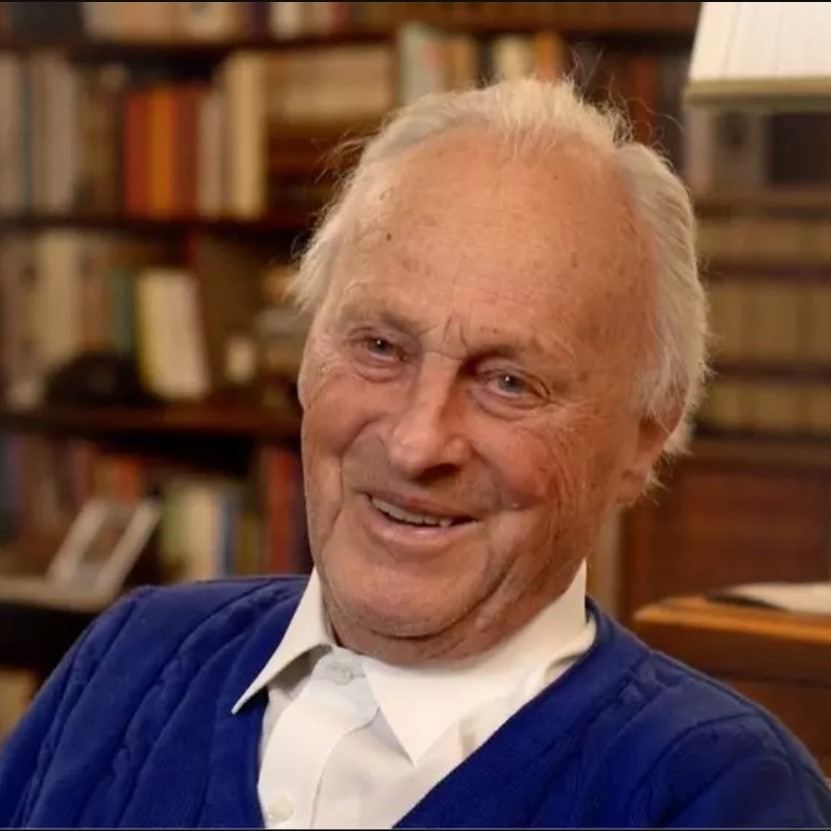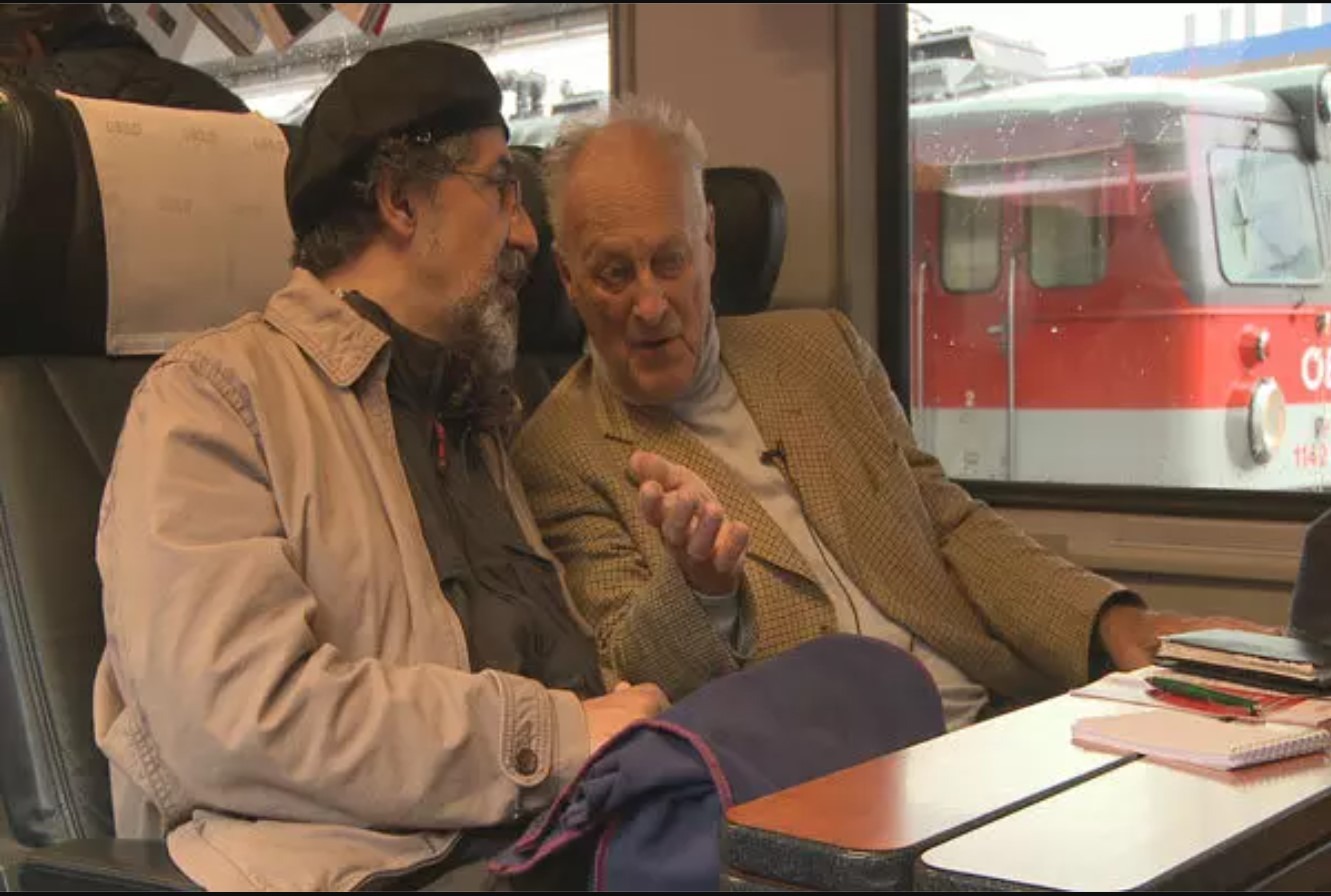
Professor Gerhard Freilinger
Actor
Gerhard Freilinger was born in 1927 in Linz,
Austria and passed away at the age of 95 on November 28, 2022. Some of his
efforts were portrayed in the Miracle of Bonasan.
Freilinger attended high school in Linz,
before he was called up to the war on the Slovenian border in 1941 when he was
only 15 years old. He spent his 17th in Yugoslavia as a prisoner of war. He then
returned home seriously ill with his kidneys. “I was in very, very bad
condition after two and a half years of prison in Yugoslavia” he said. “I came
home in 1946, very heavily damaged. My soul was sick, my heart was sick”
Freilinger was interested in being a doctor
at young age, but it was during his recovery which took more than a year, when
he decided to take on medicine as a profession. He studied medicine in
Innsbruck from 1947 to 1954. He then went to the USA for two years, where he
worked at the University of Iowa, Washington University and Cornell University
in the respective departments for plastic and reconstructive surgery. In 1957
he came to Vienna to the Surgical University Clinic and then completed his
training at the Hand Surgery Center in Paris and at the Heinola Rheumatism
Center in Finland.
In 1975 Freilinger was appointed associate
professor for plastic surgery and head of the department for plastic surgery at
the Second Surgical University Clinic in Vienna, where he worked until his
retirement in September 1993. He then became head of the department for plastic
and reconstructive surgery at the Goldenes Kreuz private hospital in Vienna. He
was a founding member of the Department of Plastic Surgery at the Second
Surgical University Clinic in Vienna, president of the Austrian Society for
Plastic Surgery, founding president of the Austrian Society for Senology and
board member of the Austrian Society for Space Medicine.
Besides practicing medicine, Freilinger was a
passionate teacher and was teaching full-time. He was the author of hundreds of
publications and wrote books.
His past made him serve victims of many wars around
the world and he traveled many conflict zones. As a reconstructive surgeon he helped victims of chemical
weapons in Vietnam in 1967 and 1973 and witnessed immense destruction carried out by the Americans there. He
operated and lectured at the university in Saigon. He then worked with
Americans in Afghanistan in the period before the invasion by the USSR in 1979.
He also traveled back and forth to Moscow where he trained soldiers who wanted
to become astronauts.
The 1980s were a turning point in his life
and work. “I was asked here in Vienna if I would take heavy cases from the
Iran-Iraq conflict [of 1980-1988]. … The first Iranian cases were
reconstructive cases. But then the Iranians found out that I also deal with
burn cases. …And what I saw was patients who couldn’t breathe, who had
erosions, but no burns directly – the first cases of poison gas. So, it was
misinformation, and I became involved in these toxicological burns and poison
gas”.
He was among the very first in the world to
deal with such cases, which were initially very mysterious and presented to him
as cases of burning, not mustard gas. “I didn’t know, they didn’t tell me …
they were not dying due to skin lesions, but they were dying due to lung
diseases. They cannot speak, they cannot breathe anymore, they are heavily,
heavily damaged inside. So, it was very strange, it was misinformation,” He
explained. “Or they didn’t want to tell us, or they knew and did not know
exactly what it was.”
Throughout the 1980s, Freilinger built a
reputation for his expertise in burns and in treating poison gas and
co-operating with other physicians from Europe. Starting with Iranian patients,
the work later continued with Iraqi Kurdistan, and Saddam’s Anfal campaign of
the late 1980s. He was curious to find the truth and travelled to Iran which
was not received well by his colleagues and government. In Iran, he witnessed
first- hand the harrowing effects of the use of chemical weapons against Iran
by Iraq, so he documented and reported his findings. He did the same later for
Iraqi Kurdistan. His investigations on poisonous gases took him as far as
Namibia and Angola, too.
 In his personal life, Freilinger married the
Swiss Haydee née Fehr in 1959 and had three children with her. Her support made
his international work possible. In addition to the Miracle of Bonasan, he is also featured
in the Iranian documentary Memories for All Seasons” by Mostafa Razzagh-Karimi
which narrates the memories of a group of Iranian soldiers wounded by Iraqi
chemical weapons. In December 2016, he traveled to Iran during which he visited
Tehran Peace Museum and a ceremony to commemorate his efforts was held in
Cinema House in Tehran.
In his personal life, Freilinger married the
Swiss Haydee née Fehr in 1959 and had three children with her. Her support made
his international work possible. In addition to the Miracle of Bonasan, he is also featured
in the Iranian documentary Memories for All Seasons” by Mostafa Razzagh-Karimi
which narrates the memories of a group of Iranian soldiers wounded by Iraqi
chemical weapons. In December 2016, he traveled to Iran during which he visited
Tehran Peace Museum and a ceremony to commemorate his efforts was held in
Cinema House in Tehran.


